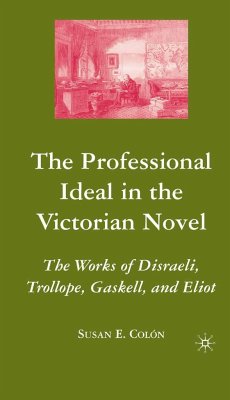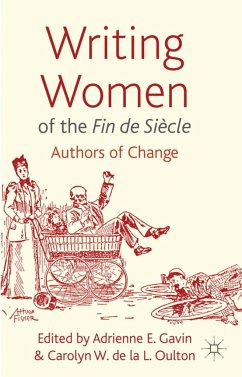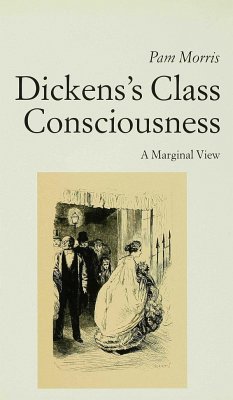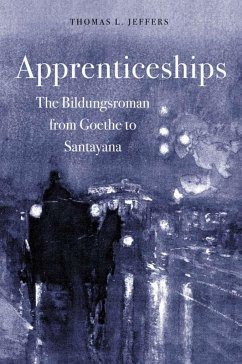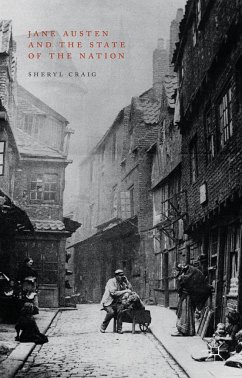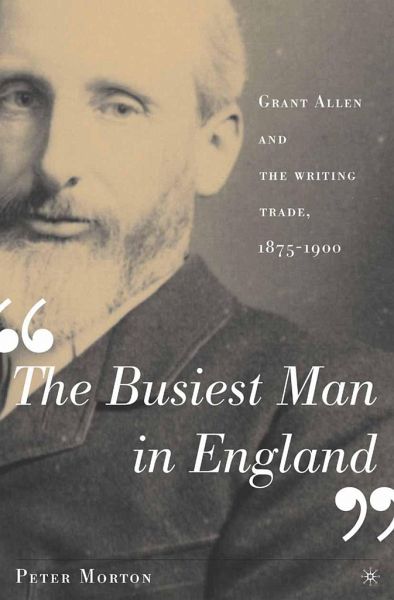
The Busiest Man in England
Grant Allen and the Writing Trade, 1875-1900

PAYBACK Punkte
19 °P sammeln!
This book is a critical biography of Grant Allen, (1848-1899), the first for a century, based on all the surviving primary sources. Born in Kingston, Ontario, into a cultured and affluent family, Allen was educated in France and England. A mysterious marriage while he was an Oxford undergraduate wrecked his academic career and radicalized his views on sexual and marital questions, as did a three-year teaching stint in Jamaica. Despite his lifelong ill health and short life, Allen was a writer of extraordinary productivity and range. About half - more than 30 books and many hundreds of articles...
This book is a critical biography of Grant Allen, (1848-1899), the first for a century, based on all the surviving primary sources. Born in Kingston, Ontario, into a cultured and affluent family, Allen was educated in France and England. A mysterious marriage while he was an Oxford undergraduate wrecked his academic career and radicalized his views on sexual and marital questions, as did a three-year teaching stint in Jamaica. Despite his lifelong ill health and short life, Allen was a writer of extraordinary productivity and range. About half - more than 30 books and many hundreds of articles - reflects interests which ran from Darwinian biology to cultural travel guides. His prosperity, however, was underpinned by fiction; more than 30 novels, including The Woman Who Did , which has attracted much recent attention from feminist critics and historians. The Better End of Grub Street uses Allen's career to examine the role and status of the freelance author/journalist in the late-Victorian period. Allen's career delineates what it took to succeed in this notoriously tough profession.





